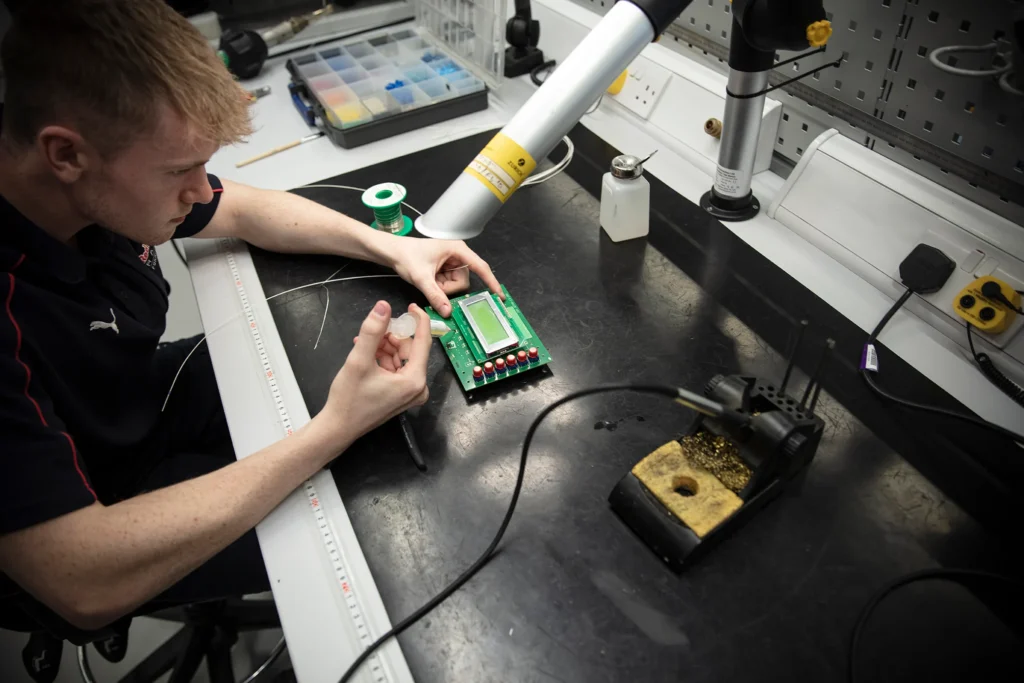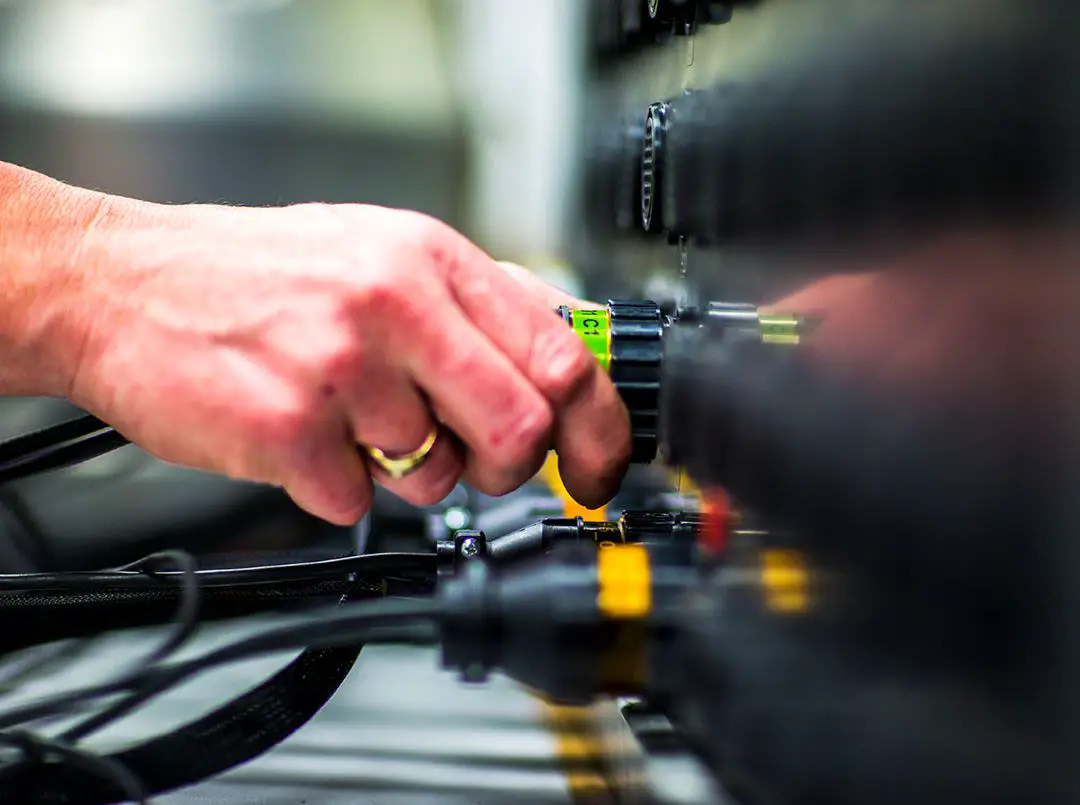Formula One racing is a thrilling and adrenaline-fueled sport that requires a high level of precision and accuracy to achieve success. One of the key players in ensuring that a Formula One car is performing at its optimum level is F1 Electonics Engineers.
These skilled professionals are responsible for designing and implementing complex electronic systems that not only enhance performance but also ensure the safety of the driver.
In this article, we’ll explore the critical role that electronics engineers play in Formula One racing and how their expertise is shaping the future of the sport.
What Do Formula One Electonics Engineer Do?
Formula One racing is a highly competitive and technologically advanced sport that requires the expertise of a wide range of engineers. One of the key roles in the development of F1 cars is that of electronics engineers.
They Implement The Electronic Systems

These specialists are responsible for designing and implementing the complex electronic systems that are critical to the performance of F1 vehicles.
The electronics engineers working in F1 racing must have a deep understanding of a variety of systems, including data acquisition, telemetry, control systems, and sensors. They work closely with other engineers and designers to ensure that the electronic systems are integrated seamlessly into the overall design of the car.
F1 Electronic Engineers Must Be Able To Analyse Data
One of the key areas of focus for electronics engineers in F1 racing is data analysis. They are responsible for collecting and analyzing huge amounts of data generated by the car during testing and racing. This data is used to fine-tune the performance of the car and identify any potential issues that need to be addressed.
Another important role of electronics engineers in F1 racing is the design and implementation of control systems.
These systems are responsible for managing the various components of the car, from the engine and transmission to the suspension and brakes.
Formula One Electonics Engineer Must Ensure Reliability
The electronics engineers must ensure that these systems are reliable and efficient, as any failure could have catastrophic consequences. In addition to designing and implementing electronic systems,
F1 electronics engineers must also stay up-to-date with the latest technological developments. This requires ongoing education and training, as well as a willingness to embrace new technologies and techniques.
Overall, the role of electronics engineers in Formula One racing is critical to the success of the sport. Their expertise in designing and implementing complex electronic systems is essential to the performance and safety of F1 vehicles.
As the sport continues to evolve and new technologies emerge, the role of electronics engineers will only become more important in shaping the future of F1 racing.
What Qualifications Do F1 Electronic Engineers Need
To become an electronics engineer in Formula One racing, one typically needs a degree in electrical engineering or a related field.
In addition to formal education, experience with electronic systems and a deep understanding of software and hardware design are also important qualifications.
Strong communication skills and the ability to work well in a team are also highly valued traits in this field.
Ultimately, a successful F1 electronics engineer must be able to balance innovation and safety to help their team achieve the best possible performance on the track.
What Does A Formula One Electonics Engineers Make
Possible ranges for the annual salary
$60,000 – $120,000
These are only rough estimates and may not reflect the actual salary in F1. The salary may also depend on other factors such as bonuses, incentives, and benefits. F1 engineers also have to work long hours and travel frequently, which may affect their quality of life.

